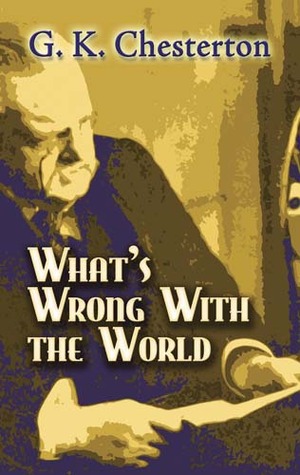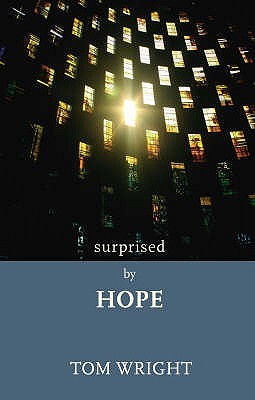 What's Wrong with the World
What's Wrong with the World

In the aptly titled treatise What's Wrong With the World, one of the twentieth century's most memorable and prolific writers takes on education, government, big business, feminism, and a host of other topics. A steadfast champion of the working man, family, and faith, Chesterton eloquently opposed materialism, snobbery, hypocrisy, and any adversary of freedom and simplicity in modern society.
Culled from the thousands of essays he contributed to newspapers and periodicals over his lifetime, the critical works collected for this edition pulse with the author's unique brand of clever commentary. As readable and rewarding today as when they were written over a century ago, these pieces offer Chesterton's unparalleled analysis of contemporary ideals, his incisive critique of modern efficiency, and his humorous but heartfelt defense of the common man against trendsetting social assaults
![]()
“The Christian ideal has not been tried and found wanting. It has been found difficult; and left untried.”
—
“…to begin everything with the weather is a sort of pagan way of beginning everything with prayer.”
In some ways it’s hard to know what this book is all about as it sometimes seems to be a little all over the place. It’s about men, women, family, marriage, the home, politics, the right to vote, Calvinism, specialism, commerce, Catholicism, tradition, the future, the past, modern education, socialism…oh, I remember what it’s about. “What’s Wrong with the World.”
I have to say though, that this is the only book whose Dedication has had me laughing out loud.
The crux of his argument, at its simplest, is based on the idea that every person is unique and worthwhile and society should work for the good of the person and the family and the Home rather than the other way around. It was refreshing to read, especially for his lifting up of the importance of those women who choose to stay at home supporting their families rather than juggle full-time work. Now I don’t mean to denigrate working mothers in anyway whatsoever, but it is nice to read something positive that lifts up the stay-at-home mother for a change. Even if you disagree with Chesterton, you have to respect his kindly and deferential manner of stating his case.
On the other hand, it is easily agreed that some of his other views on women, especially with suggesting they shouldn’t vote are definitely dated.
Some readers may get annoyed with Chesterton’s sweeping statements. When he is struck by a good idea, he does not pause to deliberate over the details, but lays out his theory in whole, and in a grand and masterly fashion. I admit this frustrated me on occasion but, on the whole I found provided a starter for my own thinking and further research on the various topics.
On the whole, a thought-provoking and worthwhile read and one which I will probably re-read at some point.


